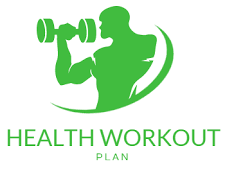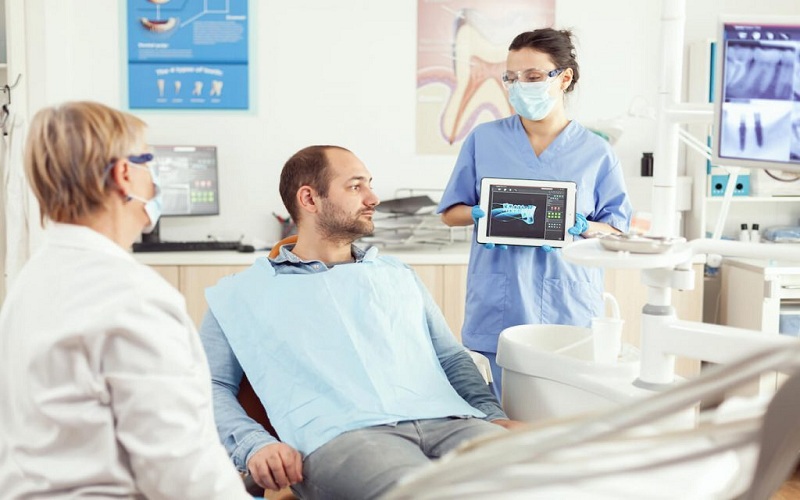TMS is recommended when the use of antidepressant medications and psychotherapy have failed to provide relief of your major depressive symptoms. Used as a monotherapy or in conjunction with antidepressant medications and psychotherapy, patients have been able tosuccessfully achieve relief of their depression.
Working procedure of TMS:
TMS utilises magnetic pulses to trigger long-term change. This type of stimulation enhancesthe brain’s ability to change itself or “rewire” brain circuitry, helping to restore normalfunction. This means at least 24 months of relief for up to 90% of patients.
Different regions of the brain control different disorders. Bella Vida TMS can be used to target and stimulate these regions for a targeted treatment. The pulses are gentle, similar to the magnetic field created during an MRI scan, but much more localised. If you have had an MRI before, you know that nothing is felt during the scan. The same is true of a TMS treatment
(but without the need to go into a machine, thus avoiding any claustrophobic moments). TMS works very differently than medications. Medications have side effects and oftentimes risks such as dependency. Plus, TMS has been shown in studies to be more effective than medication in many patients.
Side-effect of TMS: TMS has few known side effects. The most common side effects are mild scalp discomfort or headaches during treatment, but normal activities can typically be resumed immediately after treatment. Over-the-counter pain medication can be used to treat these headaches. The most serious risk of RTMS is seizures. However, the risk of a seizure is exceedingly low. We follow up-to-date safety guidelines that are designed to minimize the risk of seizures.
Conclusion
TMS targets the activity of nerve cells in your brain, which may alleviate depressionsymptoms. It could also have benefit for disorders like OCD, anxiety, and PTSD as well. The procedure may even improve motor dysfunction, making it potentially helpful for Parkinson’s disease, multiple sclerosis, or stroke rehabilitation. If you’re interested in TMS,talk with a doctor. You may be a good candidate if you’re young, have a low risk of seizures,and haven’t felt relief from antidepressants.

